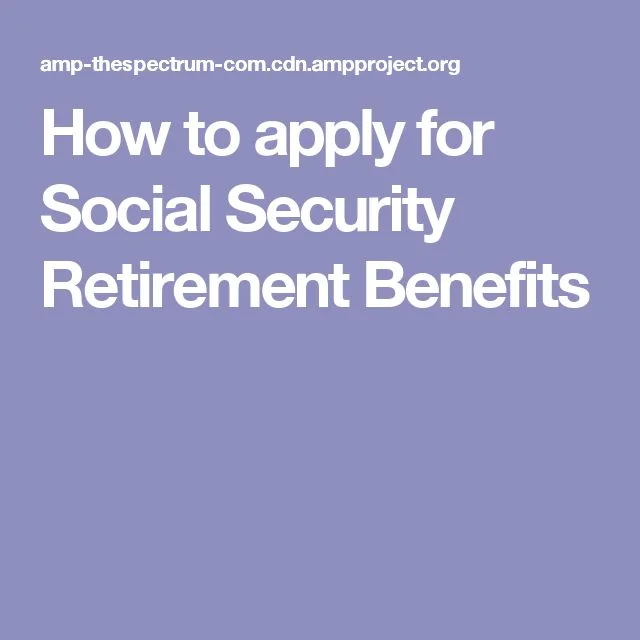Okay, folks, let's talk Social Security. I know, I know, it's not exactly the sexiest topic, but trust me, there's a silver lining here. We're hearing a lot about changes coming in 2026 – potential benefit cuts, adjustments to the Cost of Living Adjustment (COLA), and the full retirement age (FRA) finally hitting 67. Headlines are screaming about a retirement trust fund running out, and, frankly, it's easy to get bogged down in the doom and gloom. But what if I told you this isn't a crisis, but a catalyst?
See, the fact that the full retirement age is stabilizing at 67 for those born in 1960 or later isn't a bad thing – it's a clarity thing. For years, we've been in this weird limbo where the goalposts kept shifting, and trying to plan your retirement felt like trying to hit a moving target. Remember when everyone thought 65 was the magic number? Now, finally, we have a fixed point, a solid foundation to build our financial futures on, and that’s incredibly powerful.
And yes, there are proposals to cap COLA increases for high earners. Yes, some projections show potential benefit cuts if Congress doesn't act. But here's the thing: these aren't reasons to panic; they are reasons to act. The proposed COLA cap, for instance, is designed to affect only the highest earners, ensuring that the most vulnerable still receive full inflation protection. It's like a graduated tax system, but for Social Security increases. The Committee for a Responsible Federal Budget (CRFB) suggests it would save $115 billion over 10 years by setting the cap at the 75th percentile of benefits.
Think of it like this: Social Security is a safety net, not a hammock. It's meant to provide a base level of income, not fund your entire lavish retirement. The changes coming in 2026 are a blaring alarm clock, jolting us awake to the reality that we need to take control of our own financial destinies. It’s about time we all started asking ourselves, "Am I really doing everything I can to prepare?"
This isn’t just about saving more (although that always helps!). It’s about being smarter, more creative, and more proactive. Downsizing your home? Renting out a spare room on Airbnb? Monetizing that hobby you love? These aren't just "options"; they're opportunities to build a more secure and fulfilling future. The gig economy is exploding with possibilities. I mean, seriously, if you can bake a decent cupcake or play a guitar chord, there's someone out there willing to pay for it.

And don't even get me started on Medicare! Reviewing your plan choices before December 7th could save you a fortune. It’s like finding free money lying on the sidewalk – you just have to be willing to bend down and pick it up.
What does this mean for us? It means that we must engage! We need to be informed, proactive, and willing to adapt. It’s not enough to sit back and wait for the government to solve our problems; we need to be active participants in shaping our own futures.
I read a comment on a Reddit thread the other day that really resonated with me: "Social Security isn't going away, but it's also not going to be enough. It's up to us to fill in the gaps." That’s the spirit! That's the mindset we need to embrace.
Of course, with any major shift, there's a responsibility to consider the ethical implications. We need to ensure that any changes to Social Security are fair and equitable, and that the most vulnerable members of our society are protected. This isn't just about individual financial security; it's about building a society where everyone has the opportunity to thrive.
So, yes, Social Security is changing. But change isn't always a bad thing. In fact, it can be the kick in the pants we need to take control, get creative, and build a future that's not just secure, but truly fulfilling. The future isn't something that happens to us; it's something we create. And I, for one, am incredibly excited to see what we can build together.